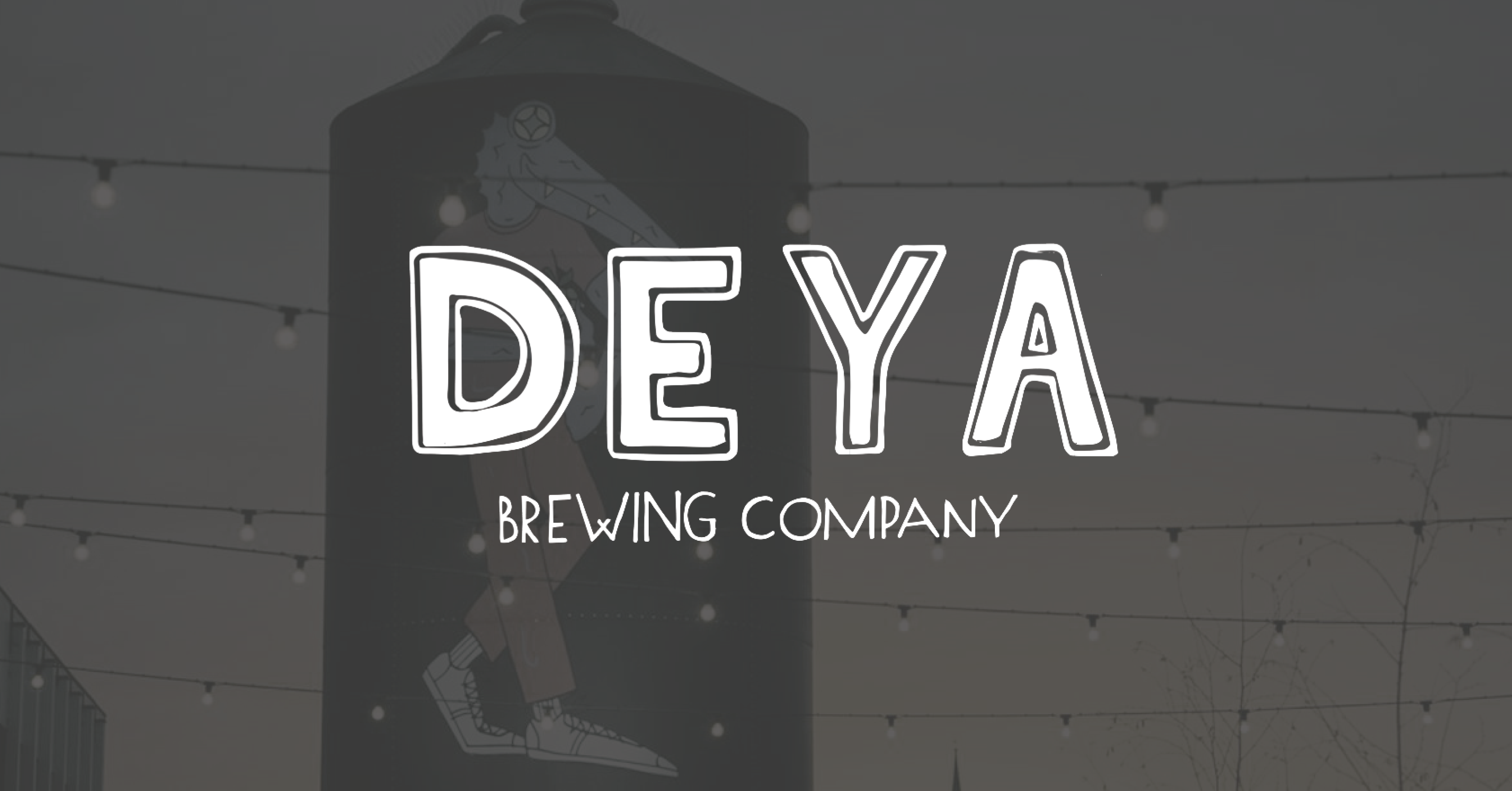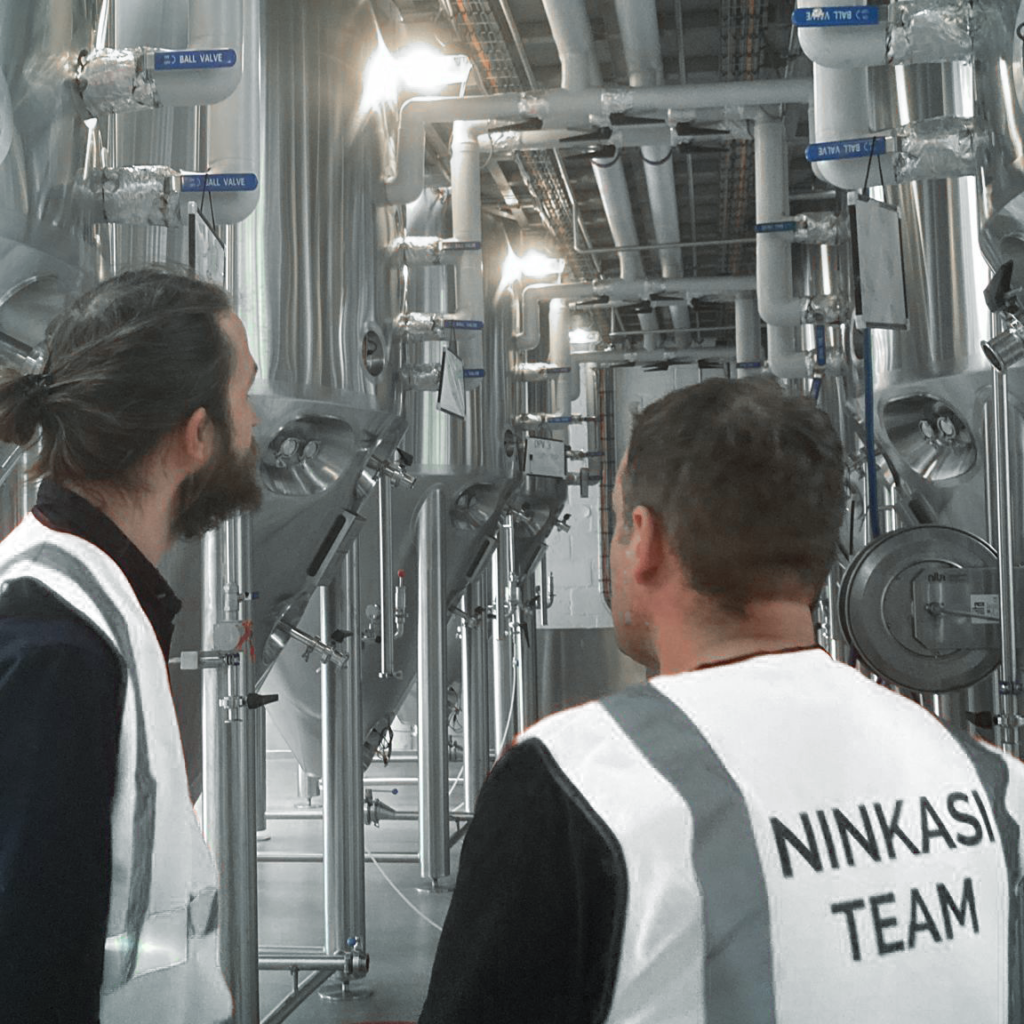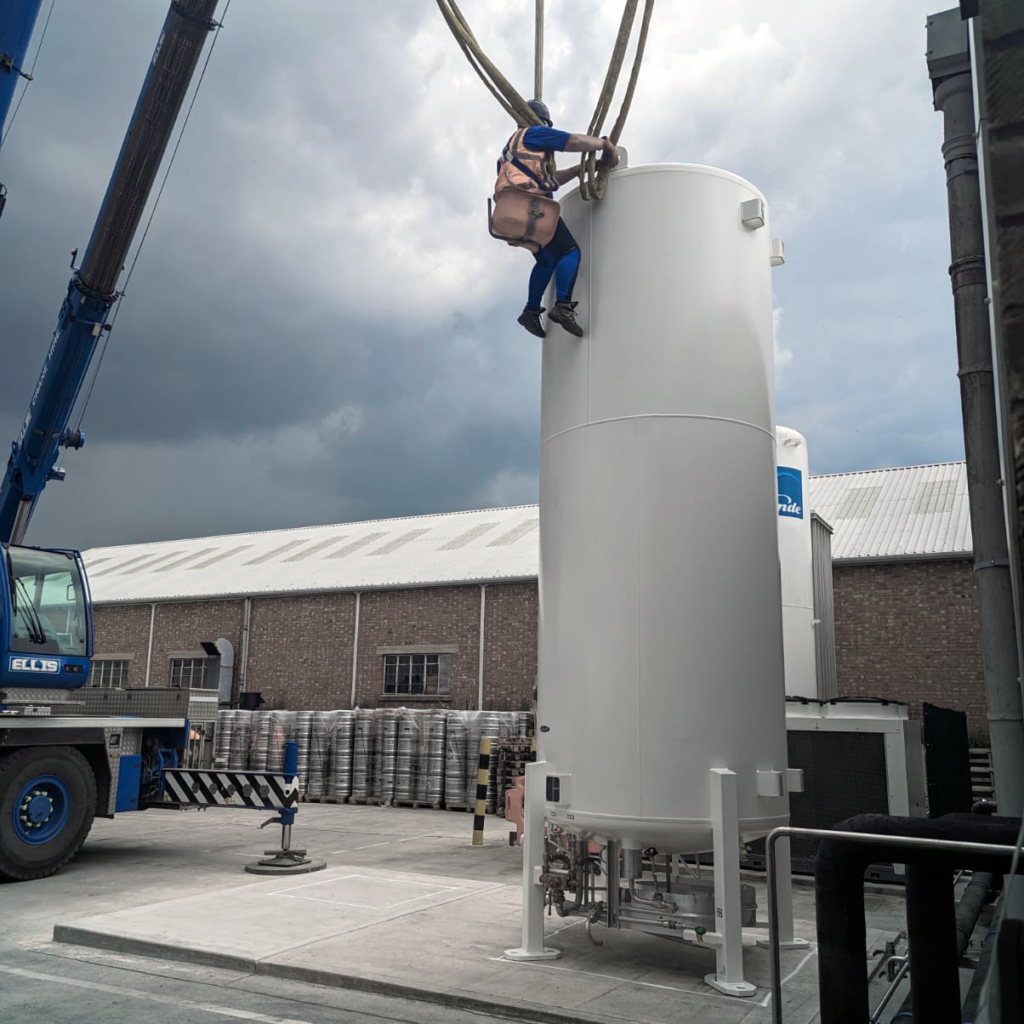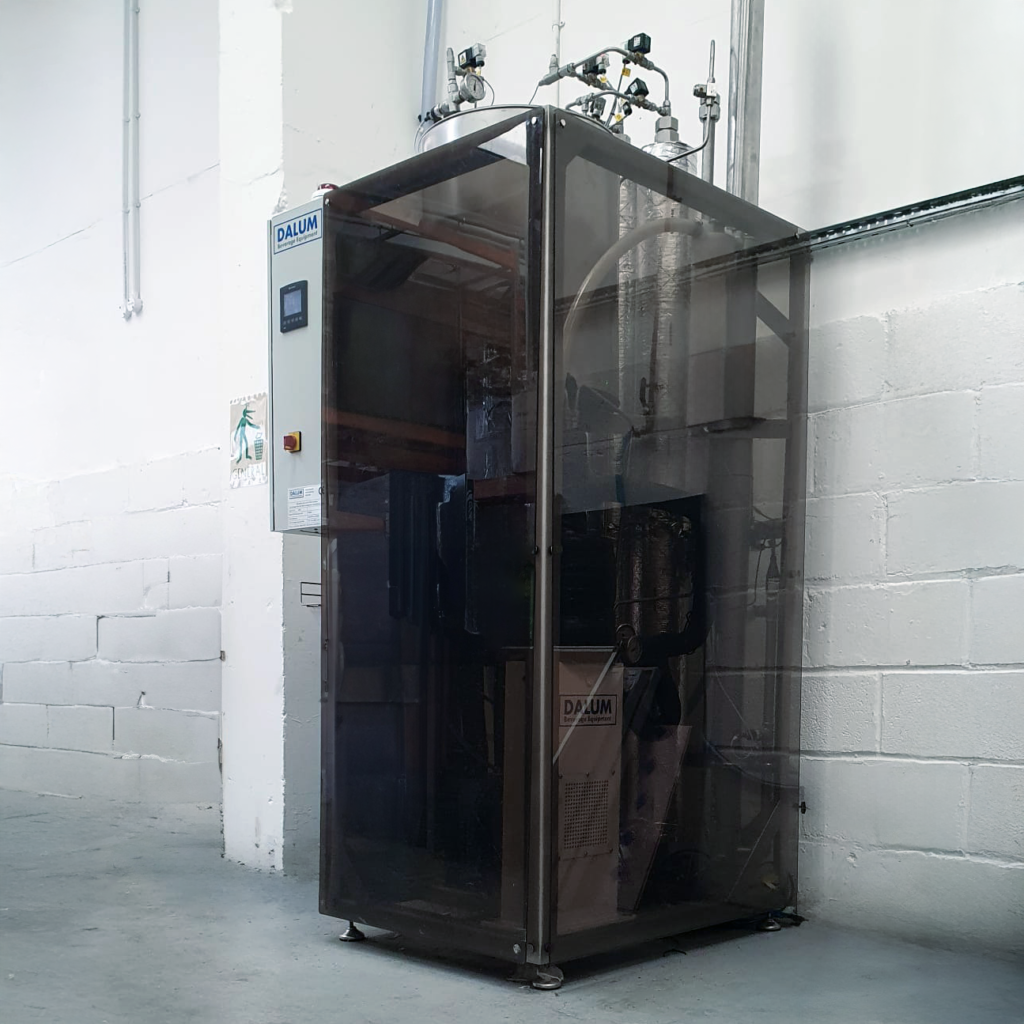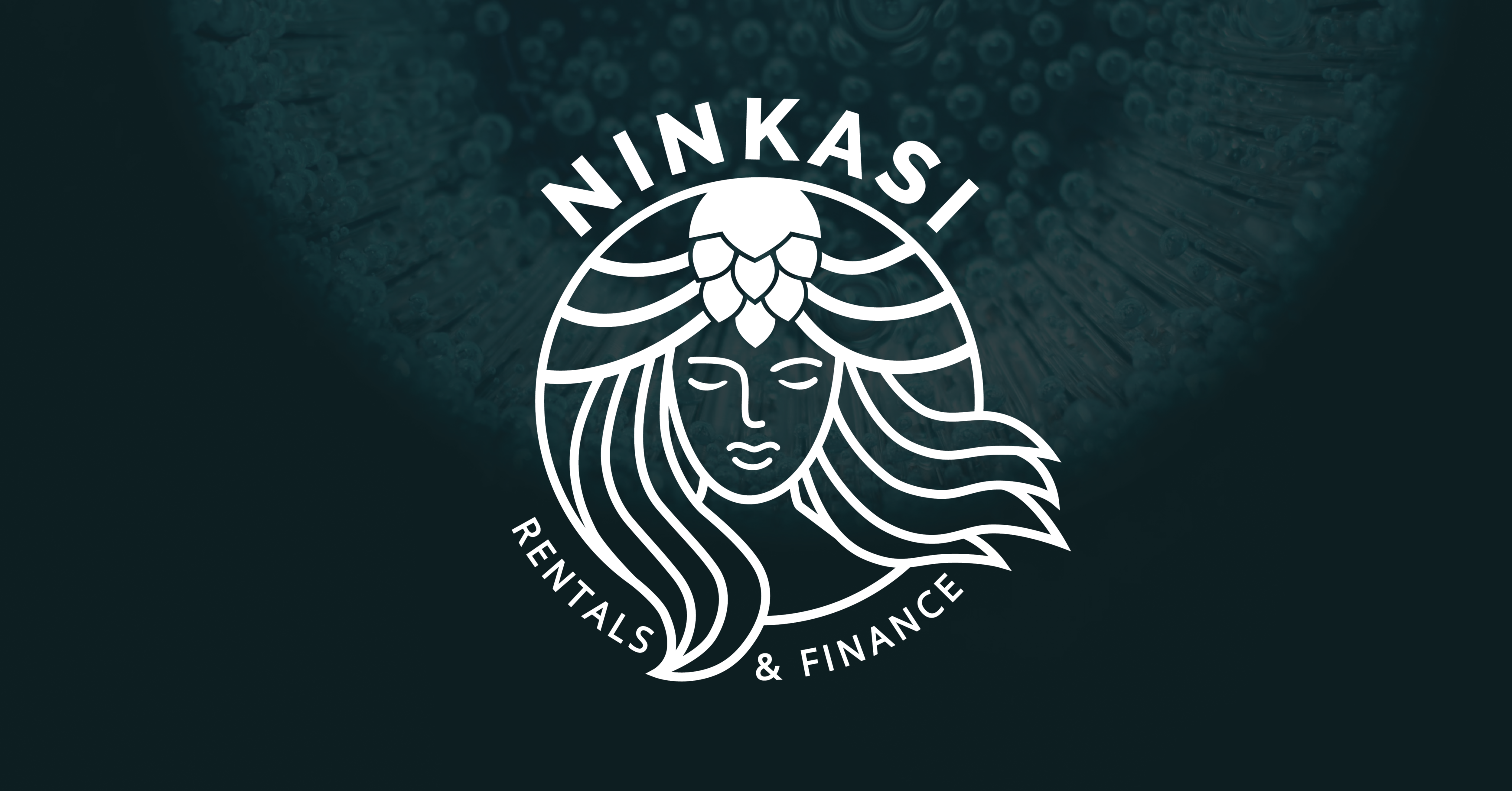Introduction
At an industry event at the end of 2022, John of DEYA Brewing Company met up with James from Ninkasi Rentals & Finance. DEYA were looking for a CO₂ solution and were hoping that Ninkasi, having recently teamed up with Dalum Beverage Equipment, could assist. Ninkasi were already a known and trusted supplier to DEYA and could handle the import and installation of the Dalum machine, minimising the risk and providing ongoing support to ensure a smooth transition from their current CO₂ supply across to the new Dalum equipment.
DEYA’s Sustainability Journey
DEYA has always been committed to the sustainable production of their beer. So committed in fact that they completed a company carbon footprint audit back in 2020. A full analysis of their CO₂ emissions was calculated, allowing the business a real insight into the impact that their brewery has on the environment and identifying areas that the business could focus on. DEYA has continued this audit every year, refining and improving their practices alongside publishing the report on their website.
This brings us back to 2022, where DEYA were in a difficult position – the business was growing and so was their CO₂ output. CO₂ is a byproduct of the fermentation process and is usually released into the atmosphere. CO₂ is then used for packaging, traditionally being bought in on the back of a lorry, producing yet more emissions. Surely there was a way to capture DEYA’s CO₂ output and use it in the brewery?
Making CO₂ Capture Viable for Craft Brewers
The issue that DEYA, alongside most craft brewers, face is that while CO₂ is produced during fermentation, being able to reuse it within the brewery is expensive, and historically only available to the very largest breweries in the market. That was until Dalum introduced their revolutionary CO₂ Capture Technology, making the solution available and financially feasible for craft-scale breweries.
Ninkasi and DEYA collaborated extensively, analyzing DEYA’s need for around 5 tonnes of CO₂ per month relative to their brewing volume. They developed a detailed plan covering pipework layouts, construction, safety, and consumption requirements. Ninkasi also factored in local climate conditions, such as weather’s impact on CO₂ delivery, while ensuring solutions aligned with DEYA’s environmental focus. Additionally, they considered the brewery’s operational patterns, shutdown periods, and CO₂ availability, devising a contingency plan to support DEYA’s environmental goals and future growth.
The Right Solution, Backed by Data
Ninkasi and DEYA agreed upon a Dalum 15kg/hr CO₂ recapture unit with a 7T vertical storage tank providing 280kg of CO₂ per hour. This would enable DEYA to collect 10.8 tonnes of CO₂ per month (over 200% of their requirement), hold six weeks of CO₂ usage on site, and bring CO₂ into the brewery 20 times faster than their average hourly consumption. While this may seem significantly over-engineered, Ninkasi collaborated closely with DEYA to understand their demand curve — not just today, but into the future as well.
Financial and Operational Impact
For most businesses, building a sustainable future is desirable, but this must be commercially viable to ensure that the business will have a future in this ever-competitive space. With the usage of 5 tonnes of CO₂ per month, at an average price of £950 per tonne (including delivery and rent on containers), DEYA was spending £57.5k per year on CO₂. With the cost of the project being £125k, the payback on the project would be just over two years, after which DEYA own the equipment and are saving around £57.5k per year on their CO₂ costs.
These savings are based on a steady market. As recently as 2022, CO₂ prices spiked, going from hundreds to thousands of pounds per tonne. Should this happen again, payback on the CO₂ recapture project would be months, not years. Alongside this, DEYA has ensured their ability to supply for the future — an essential part of their growth plans. Craft brewers often face challenges in securing supply at this stage, as global brands tend to dominate.
A Win for the Planet and the Business
Whether this is about protecting the planet, protecting the business’ pockets, or protecting future growth plans, it is clear that investing in this technology brings multiple benefits. DEYA has removed 130 tonnes of CO₂ from the atmosphere annually — the same as taking 92 cars off the road — as well as saving themselves around £20k a year and reducing their reliance on third-party CO₂ suppliers.
Get in Touch
If you would like more information on anything discussed above, or to arrange a free installation and suitability consultation, then just drop us a message!


